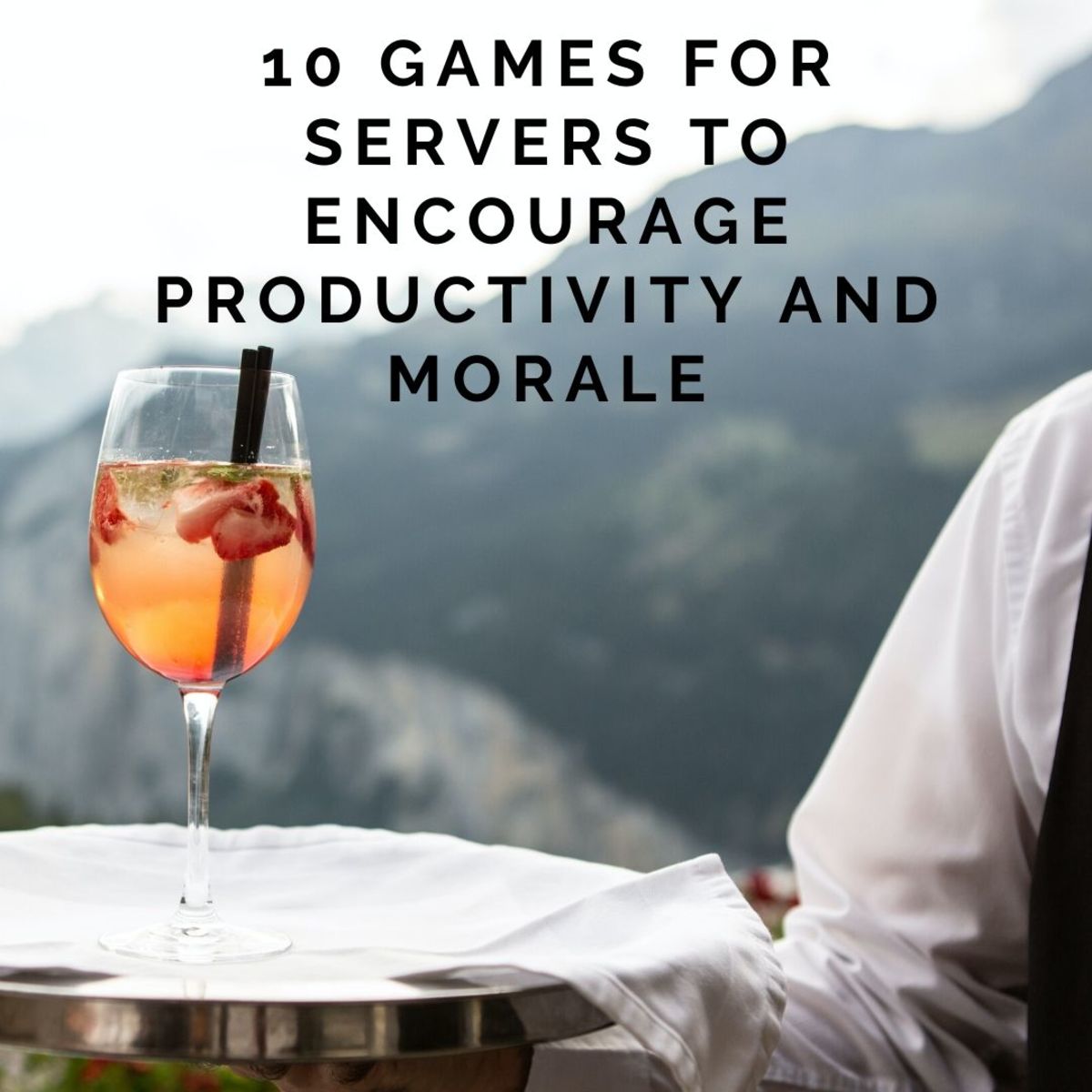Sales Tips: Dealing with One-Hit Wonder Sales

Competing on the Real "Survivor" Reality Show
At a local chamber of commerce event, I caught up with a residential real estate salesperson who I hadn't seen in quite some time. She told me about how she had struggled through the recession, but didn't give up her marketing for these low recurrence sales. Now that the economy was starting to rebound, people were starting to connect with her about selling or buying homes and her listings were growing again.
Other agents in her office asked her how she was able to get these new listings. Her answer? She didn't quit marketing even when the going got tough. Her colleagues gave up during the dry spells, some even leaving the industry altogether.
What she understood is that there are economic sales slumps that every industry (in fact, almost everyone during the recession!) encounters over time. Not only was my friend dealing with economic swings, she was also dealing with one-hit wonder sales. Both of these forces require consistent marketing and sales efforts over the long haul. This is the real "Survivor" reality show.
Some markets just cannot produce a reliable stream of repeat customers and cash flow. Examples of these would include weddings, funerals, new moms, real estate and, to some degree, automobiles. Sure, there may be a possibility of customers having needs for these products and services more than once in a lifetime. But the time between transactions can be years, even decades. Some small businesses may be out of business by the time a customer needs them again!
These businesses require a steady flow of new customers in order to survive. Therefore, marketing and advertising strategies are of critical importance. Today, most people are turning to the Internet to find vendors—especially for infrequently used products and services for which they may not have a go-to resource—making a web presence a necessity for almost any business. But lower tech advertising options, such as brochures and email, should not be ruled out.
Here are some additional sales tips for those who are dealing with these difficult selling scenarios.
The Referral Machine
Some of the example industries mentioned are dependent on personal life events, some that are non-repeating for very long stretches of time, if ever. As such, they may also involve family members and friends in addition to the primary buyers.
This can produce sales referral opportunities. If the primary buyers are happy, they are more likely to refer the vendor to their family and friends when a need arises. Even better is if the sales or service personnel also have contact with the buyer's network somewhere through the process (e.g., a videographer or photographer at a wedding who takes shots of guests), although that is not possible or appropriate in many cases.
Building strategic partnership referrals with vendors serving the same markets can boost lead generation. However, sometimes this is difficult since these vendors may be bombarded with these requests. The better strategy to build referrals with allied vendors is to continually build friendly relationships with them through networking.
Some of these allied vendors may also provide the same services or products—just not to the same extent or with the same expertise as a completely dedicated vendor. So they may be hesitant to refer business. Building these referral relationships may take time (or may never happen!) since it requires a substantial level of trust.
Social Media is NOT Always the Answer
Though it would seem like a natural fit, social media is typically NOT a reliable referral generator. The reasons for this are:
- One and Done. With some of these sales being a once in a lifetime event, it is necessary, and possibly inappropriate, to keep showing up on client's news feed or updates. A vendor can be "unfriended" in a heartbeat after the event, season, crisis or need has passed.
- They Have Bigger Things on Their Minds. If the service or product offered is for a life change—moving, getting married, memorializing a deceased loved one, having a baby—the last thing on the buyers' minds is recommending a vendor to their friends. To interrupt this time in their lives to encourage them to "like" or share a recommendation may be socially inappropriate and/or counterproductive.
- The Algorithms. Mega social networks such as Facebook and Google Plus are constantly juggling their algorithms which affect what and when entries show in up members' news feeds. So even if potential customers like, follow or friend a vendor, it's not a guarantee that the vendor's postings will show up in people's timelines.
That being said, it is a good idea to have a presence on the major social networks for the occasions when a potential customer may be looking for the product or service offered. And instead of posting to gain immediate leads, posting relevant, helpful or interesting information can help build one's expert reputation in these fields that involve infrequent sales. Inbound marketing strategies, such as blogging and SEO, can also help build an expert reputation and improve search engine positioning.
This article is accurate and true to the best of the author’s knowledge. Content is for informational or entertainment purposes only and does not substitute for personal counsel or professional advice in business, financial, legal, or technical matters.
© 2014 Heidi Thorne








